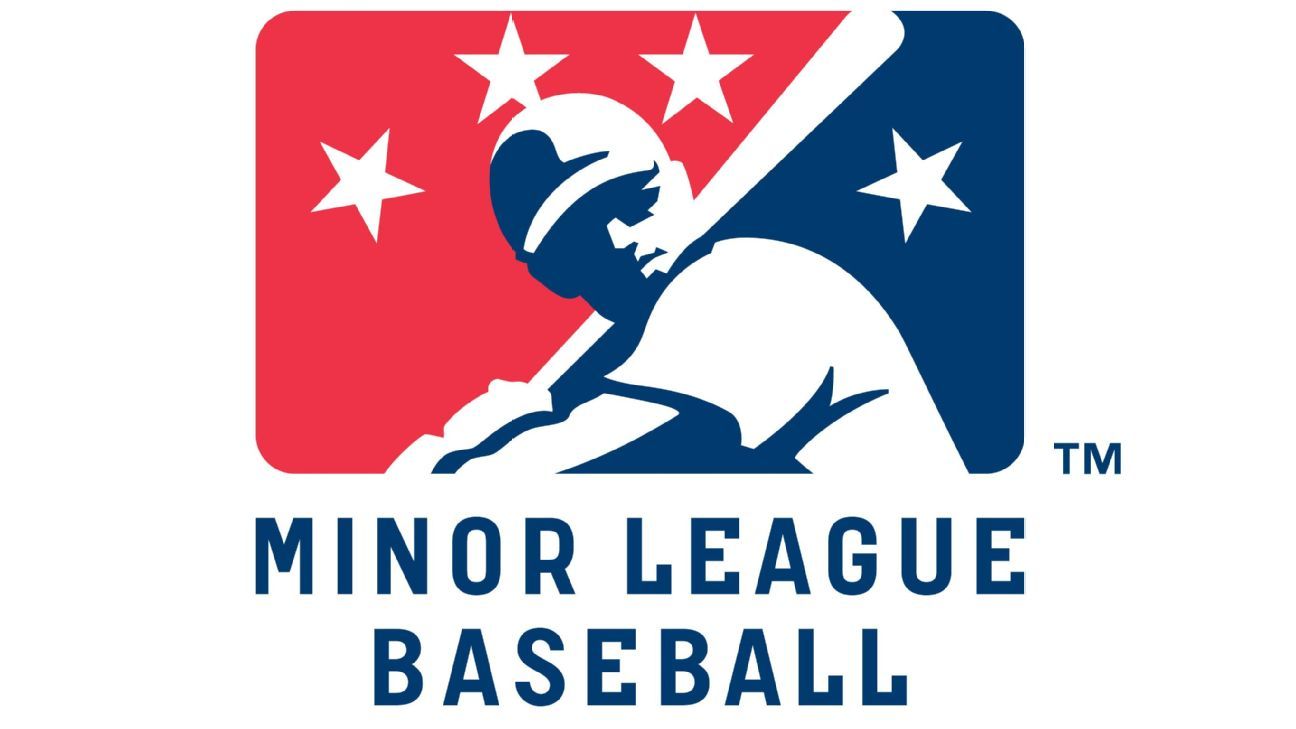In the aftermath of the sudden halt of the burgeoning 2020 baseball season because of the coronavirus outbreak, thousands of minor league players were thrust into an uncertain limbo. Invariably, numerous questions arose for minor leaguers. Where would they live? When would they be paid?
Exacerbating the uncertainty was the lack of a central authority to which players could turn to answer their questions, an issue that existed long before the current crisis arose. On Friday, a group of minor league activists announced the formation of Advocates for Minor Leaguers. According to a news release, the nonprofit group seeks to “provide a collective voice for minor leaguers, to advocate on their behalf, and to educate the public about the struggles that the players face.”
The announcement of the group’s formation also included its first demand: for MLB to immediately double minor league player salaries to $15,000 per year.
In February, The Associated Press obtained a memo that said MLB planned to raise minimum salaries for minor leaguers between 38% and 72% for the 2021 season. Currently, players are paid between $4,800 and $14,000 per season, depending on the level they play at. They are not paid during the offseason or during spring training when, according to Baseball America, they “receive only whatever housing, food and allowances, stipends and/or per diems their teams issue from the time they report to camp through the start of the minor league regular season.”
“Advocates for Minor Leaguers is the first organization of its kind for the express purpose of doing just that: advocating for minor league baseball players,” said Garrett Broshuis, a St. Louis-based attorney who pitched for six seasons in the San Francisco Giants organization. “The goal is to provide a collective voice for players who have lacked one for far too long.”
Broshuis is currently representing players in an ongoing class action lawsuit first filed in 2014 that seeks to address compensation issues for minor leaguers.
“The reason we are here is because of the working conditions a lot of minor league players face,” Broshuis said. “There is no reason why players should be making below-poverty-level wages in an industry with over $10.7 billion in revenue, or that they should be forced to work through spring training without pay, or that they should be forced to cram six guys into a two-bedroom apartment sleeping on air mattresses.”
Currently, there is no union representing minor league players. The Major League Baseball Players Association represents players who are on the 40-man roster of one of the 30 big league clubs. Broshuis emphasized that his new group is not a union, but any player can join confidentially and for free. As a nonprofit, the group will rely on outside contributions for funding and will be open to non-players to join as supporting members.
While the formation of the organization has been in the works for quite a while, the timing of Friday’s announcement coincides with a moment when the lack of representation among minor league players has become a hot topic in the aftermath of the coronavirus crisis that is dominating events around the world and that shut down spring training.
On Thursday, MLB announced a leaguewide initiative to provide “a level of uniform compensation” for minor league players. Calling it an “initial step,” MLB said that each player under a minor league contract will receive a lump sum equal to allowances that would have been paid through April 8. The minor league regular season was originally scheduled to open on April 9.
“Anything at this point is better than nothing,” said group co-founder Ty Kelly, a recently retired player who played 1,213 games as a professional over 11 seasons, all but 118 of them at the minor league level. “These guys are just trying to figure out where to live for the foreseeable future, how to pay for wherever they are living. Not everyone is able to just go home and bunk up with their parents for a couple of months. A lot of guys are just in no-man’s land. It’s not an easy time for anyone that’s trying to find work right now.”
While the focus around sports has shifted to the near term, with all plans hinging on developments around the coronavirus outbreak, Broshuis also hopes his group can provide a voice for players during the ongoing negotiations between MLB and minor league baseball. That contentious process jumped into the public consciousness last fall when a proposal was leaked outlining MLB’s idea of cutting 42 minor league teams.
“There were all kinds of letters being thrown back and forth this winter between Major League Baseball and minor league baseball, but nobody was representing the interest of the players in those letters,” Broshuis said. “MLB touts its plan for possibly shuttering 42 minor league teams. Well, that’s around 1,000 jobs for minor league players that would just be lost in an instant.
“There needs to be a group out there providing a voice for players and representing their interests because, right now, they are just getting left behind.”
Information about Advocates for Minor Leaguers will be housed at AdvocatesForMinorLeaguers.com, and the organization will maintain social media accounts on Twitter and Instagram at @MiLBAdvocates.
